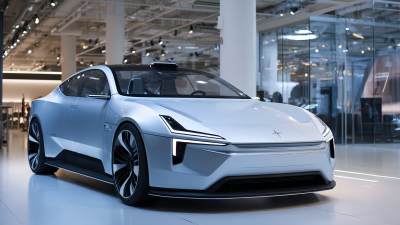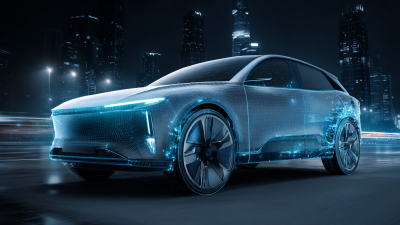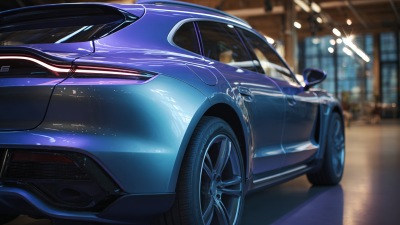As families increasingly prioritize sustainability and eco-friendliness, the demand for electric vehicles (EVs) has surged. According to a recent report by the International Energy Agency, electric car sales are projected to reach 23 million units annually by 2030, with a significant rise in the popularity of larger models like the 7 Seater Electric Car. These vehicles not only offer the practicality of accommodating more passengers but also contribute to reducing carbon footprints, aligning with global efforts to combat climate change. A study from McKinsey indicates that nearly 60% of consumers are now considering electric options for their next vehicle, particularly for families needing spacious interiors without compromising environmental responsibility. The 7 Seater Electric Car stands at the forefront of this trend, combining advanced technology, efficiency, and family-friendly features, making it an ideal choice for eco-conscious families looking to embrace a greener future on the road.
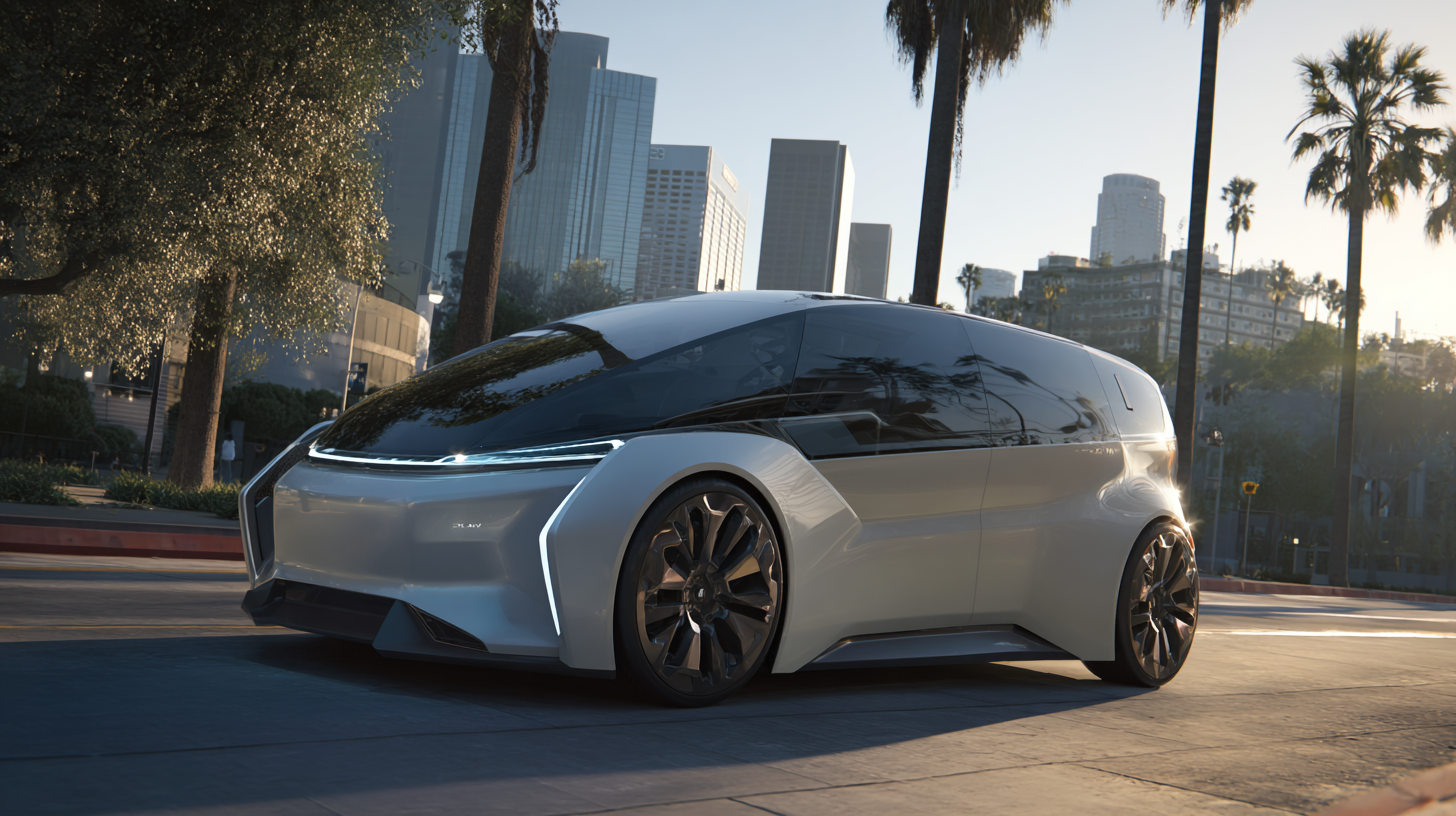
The demand for 7-seater electric cars is witnessing significant growth in the family vehicle market, primarily driven by the increasing awareness of sustainability and the need for spacious, eco-friendly transportation options. According to recent industry reports, the global electric vehicle market is projected to reach $1 trillion by 2028, with family-oriented vehicles, including 7-seaters, contributing substantially to this growth. Families are increasingly prioritizing environmental responsibility, leading them to seek out vehicles that not only accommodate their spatial needs but also minimize their carbon footprint.
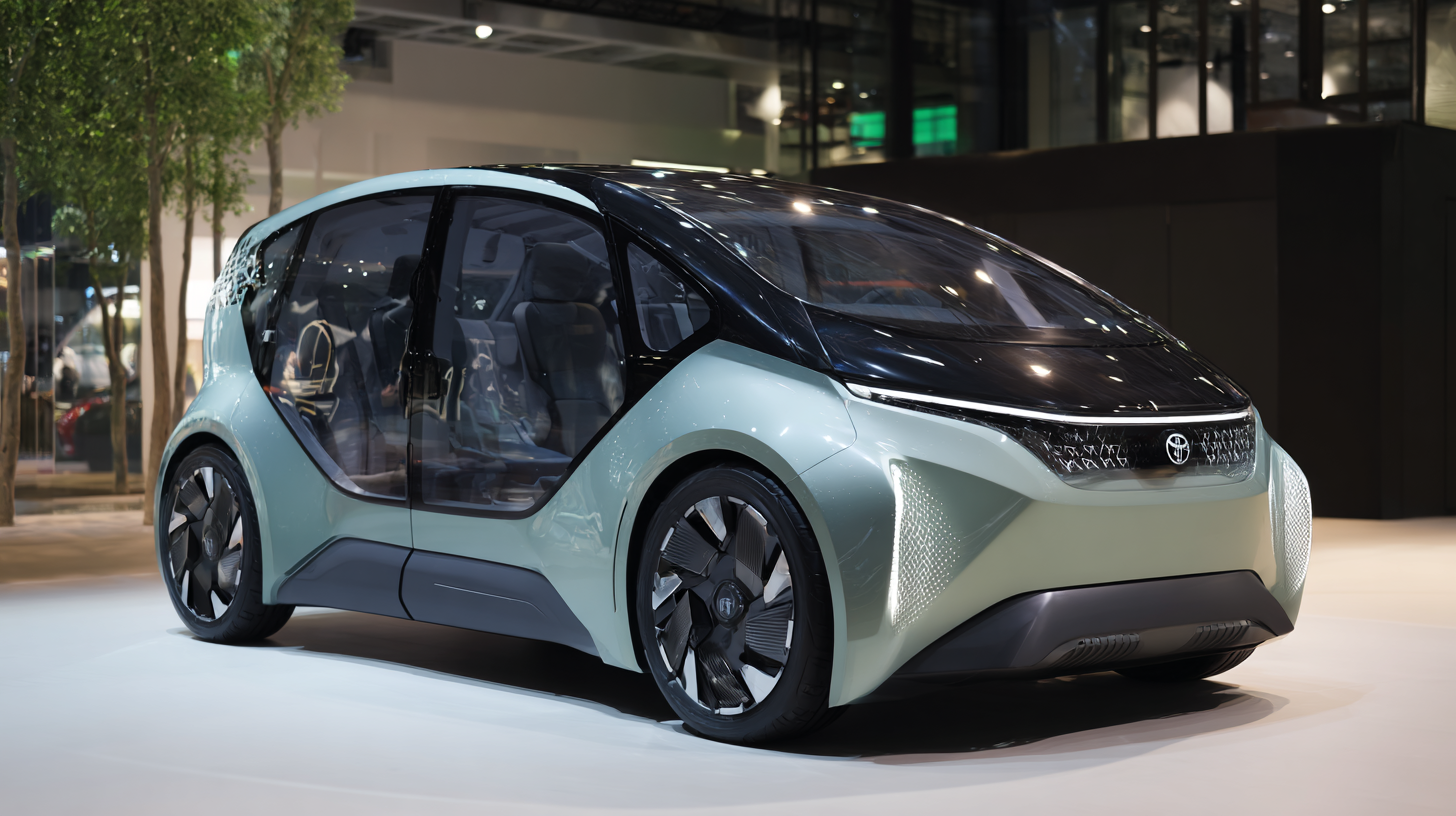 Moreover, advancements in battery technology and charging infrastructure are making electric vehicles more practical for families. Data from the International Energy Agency indicates that global EV stock reached 10 million in 2020, a large portion of which are family-sized models. Additionally, a survey conducted by Deloitte found that 70% of consumers are open to purchasing electric vehicles, highlighting a shift in consumer mentality toward sustainable family-friendly options. As automakers invest in developing more spacious electric models, the 7-seater electric car stands out as an ideal choice for families looking to embrace a greener lifestyle without compromising on comfort and space.
Moreover, advancements in battery technology and charging infrastructure are making electric vehicles more practical for families. Data from the International Energy Agency indicates that global EV stock reached 10 million in 2020, a large portion of which are family-sized models. Additionally, a survey conducted by Deloitte found that 70% of consumers are open to purchasing electric vehicles, highlighting a shift in consumer mentality toward sustainable family-friendly options. As automakers invest in developing more spacious electric models, the 7-seater electric car stands out as an ideal choice for families looking to embrace a greener lifestyle without compromising on comfort and space.
The shift towards eco-friendly vehicles has never been more crucial, especially for families looking to minimize their carbon footprint. One compelling option for eco-conscious families is the 7-seater electric car. These vehicles combine spacious interiors with zero tailpipe emissions, making them a smart choice for larger families who prioritize sustainability without sacrificing comfort.
One of the key benefits of 7-seater electric cars is their impressive energy efficiency. With advancements in technology, these electric models can typically travel further on a single charge, reducing the need for frequent stops at charging stations—an essential feature for busy families on the go. Moreover, many electric vehicles (EVs) come with significant savings in maintenance costs compared to traditional combustion engines, as they have fewer moving parts and do not require oil changes. The money saved can be redirected towards more family-oriented experiences, aligning perfectly with an eco-conscious lifestyle.
Additionally, the spaciousness of a 7-seater electric car allows families to travel together comfortably, making road trips more enjoyable and practical. The incorporation of advanced safety features in many modern EVs enhances peace of mind for parents, ensuring that the entire family can travel securely. By choosing a 7-seater electric car, families are not only investing in their transport needs but are also actively contributing to a greener future.
When considering the finances involved in family vehicles, the comparison between 7-seater electric cars and traditional family vehicles reveals noteworthy distinctions. While the initial purchase price of electric cars may be higher, numerous long-term savings come into play. Electric vehicles (EVs) typically incur lower fuel costs, as electricity is generally cheaper than gasoline. Furthermore, the maintenance expenses for EVs are often reduced due to fewer moving parts and less frequent servicing requirements, eliminating costs associated with oil changes and engine repairs.
Additionally, many countries and regions offer incentives for electric vehicle purchases, such as tax credits, rebates, and reduced registration fees, further tilting the financial balance in favor of 7-seater electric cars. Over time, these incentives can significantly offset the initial investment, making them a more economical choice for families. As families become increasingly eco-conscious, the choice between a traditional vehicle and a 7-seater electric car also reflects changing priorities, paving the way for a more sustainable future without sacrificing comfort or space.
The global electric vehicle (EV) market is experiencing significant growth, largely driven by advancements in technology and changing consumer preferences. With projections indicating that the electric vehicle charging gun market will surge from $423 million in 2023 to $3.142 billion by 2030, the future looks promising for eco-friendly family vehicles like the 7-seater electric car. This 33.1% compound annual growth rate highlights the increasing demand for efficient charging solutions to support a growing fleet of electric vehicles.
Moreover, as electric vehicle technology continues to evolve, the demand for essential components such as hub motor control semiconductors and traction motors is also expected to rise. The hub motor control semiconductor market alone is projected to reach $316.7 million by 2024 and grow at over 10% annually through 2034, signaling an urgent need for enhanced vehicle electrification and energy efficiency. In tandem with this, the traction motor market is anticipated to increase from $10.7 billion in 2024 to $75.9 billion by 2036, illustrating a robust trend in ensuring that 7-seater electric cars provide families with both sustainability and performance. This technological momentum underscores the practicality and attractiveness of electric vehicles as ideal family transportation solutions for the eco-conscious consumer.
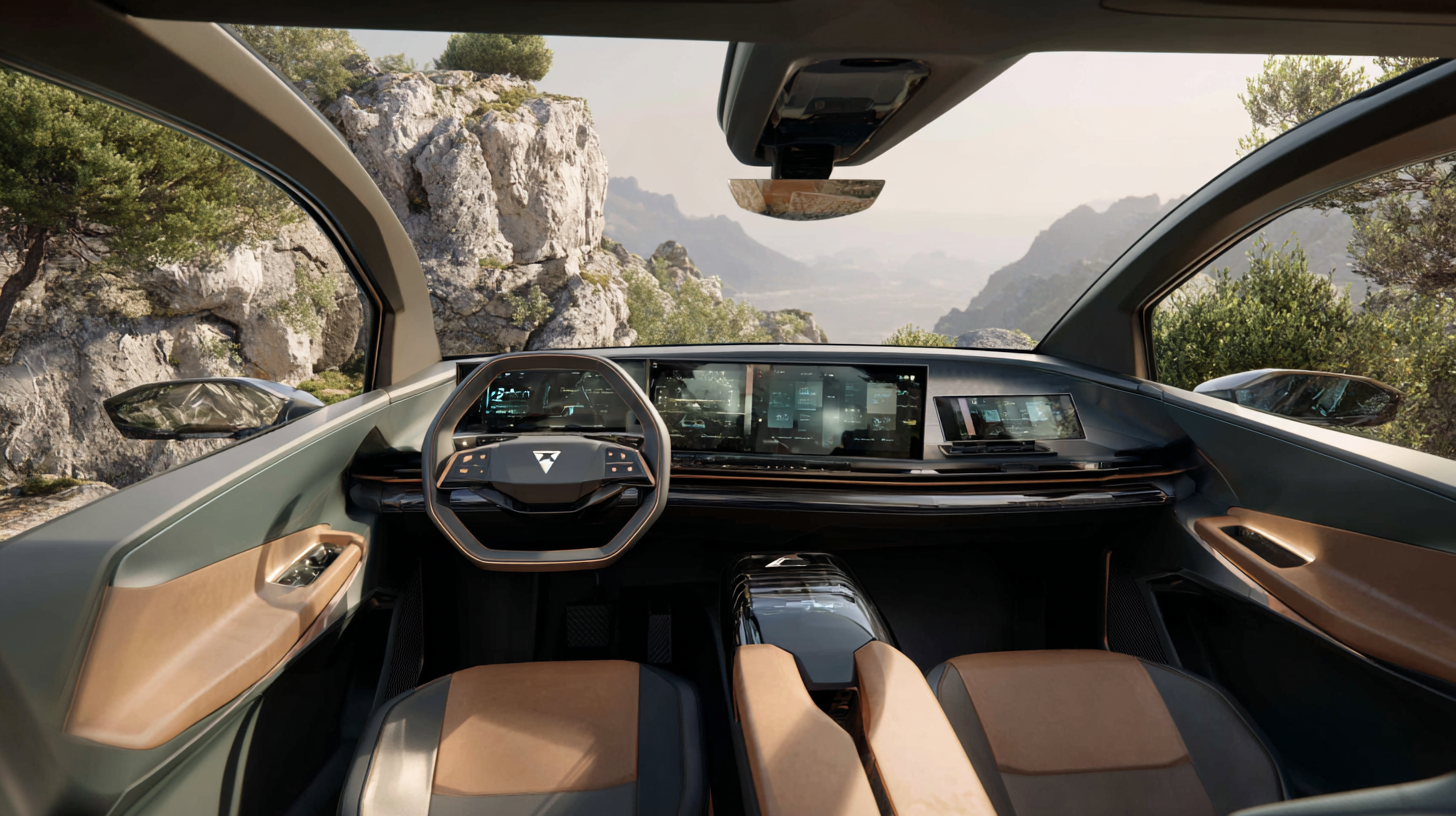
The adoption of 7-seater electric cars is becoming increasingly vital in the quest to reduce carbon footprints, especially for families. According to the International Energy Agency (IEA), transportation accounts for nearly 24% of global CO2 emissions, with passenger vehicles contributing significantly to this figure. The shift to electric vehicles (EVs) can potentially save up to 1.5 gigatons of CO2 emissions annually by 2030, highlighting the transformative impact of transitioning to electric family cars.
Furthermore, a study by the Union of Concerned Scientists emphasizes that electric vehicles can produce, on average, 54% fewer emissions over their lifetime compared to equivalent gasoline vehicles, even when accounting for emissions from electricity generation. For families requiring space and versatility, 7-seater electric cars offer not only an eco-friendly alternative but also the capacity to accommodate larger groups while minimizing environmental impact. As battery technology continues to evolve, the range and affordability of these vehicles are expected to improve, further encouraging family-oriented consumers to embrace this sustainable choice.
| Aspect | 7-Seater Electric Car | Traditional 7-Seater Vehicle |
|---|---|---|
| Average CO2 Emissions (g/km) | 0 | 150 |
| Annual Fuel Cost ($) | 300 | 1,500 |
| Maintenance Cost ($/year) | 400 | 800 |
| Range (miles) | 250 | 300 |
| Charging Time (hours) | 8 | N/A |
